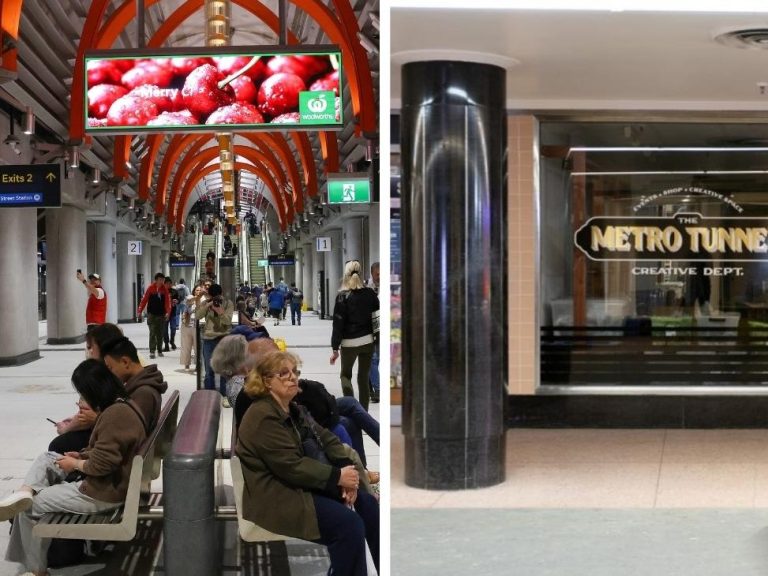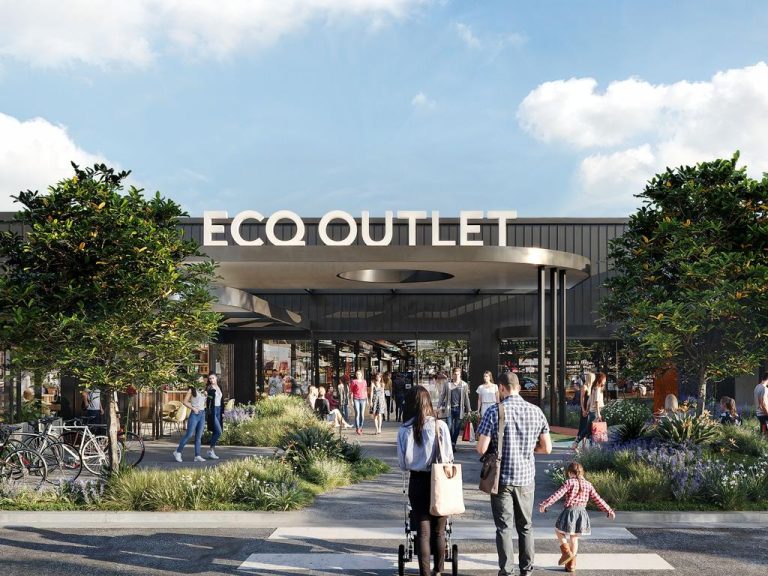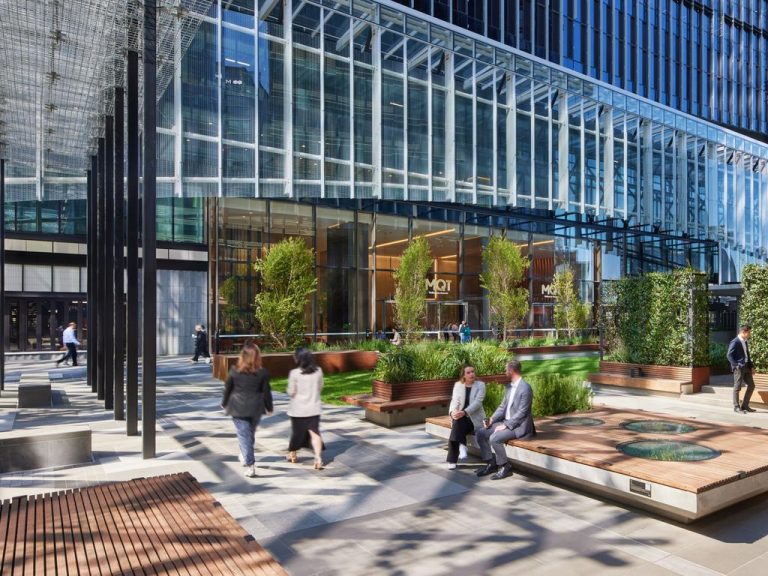How to approach a commercial lease

Signing a commercial lease is no trifling matter; it’s a legally-binding agreement with serious financial strings attached.
A commercial lease is an agreement between the owner of a commercial property and someone who wants exclusive use of it for a set period. It normally applies to an office, warehouse or factory.
The success or failure of a business can hang on the terms of a lease, so knowing what to look for before signing one is just as important as finding the right commercial property to rent in the first place.
Commercial Insights: Subscribe to receive the latest news and updates
Each Australian state and territory has its own legislation governing leases, but the list of things would-be lessees need to know is pretty universal.
Here’s where to start.

Pretty much every aspect of your commercial lease is open to negotiation. Picture: Studio Republic/Unsplash
Read the lease closely and understand the terms
Business Victoria (www.business.vic.gov.au) has a checklist of what questions to ask before signing a commercial lease. It includes the following:
- Has the landlord provided all the documents which are legally required?
- When is the lease until and is there an option to renew?
- What’s the actual process for paying the rent?
- Who is responsible for rates, taxes, insurance and other outgoings, such as contents insurance and utility bills?
- Will rental payments be tax deductible?
- Who is responsible for maintaining the premises, fixtures, fittings and equipment?
- Who will pay for creating the lease?
- Does the agreement include an option to buy any leased goods or equipment?
- When and how can the rent be reviewed and varied?
- Does the agreement allow the lease to be terminated early?
- What is and isn’t permitted on the premises?
- Can the premises be assigned or sub-let?
- Does the landlord have a mortgage on the premises and has the lending authority given approval for the lease?
- Are there permits, registrations or other licences which could affect lease negotiations?
- When the lease expires, what are the options?
Seek legal advice before signing the lease
Meldon D’Cruz, principal at Cruz Legal in Melbourne, says would-be lessees should always seek advice when contemplating a commercial lease.
He says a legal advisor should check that the landlord owns the property they are attempting to lease and confirm which part of the property is being leased. This last step is important if there are multiple tenants.

You need to put into writing everything that you agree with your landlord. Picture: Marcin Kempa/Unsplash
Understand negotiation is possible with a commercial lease
Unlike a residential lease – which is generally presented as “take it or leave it” – a commercial lease can be negotiated.
Because the terms can vary between premises and landlords, D’Cruz recommends seeking legal advice when negotiating key terms, particularly around rent and options to renew.
An experienced legal advisor can also help negotiate the wording of incentive terms, including those pertaining to the fit-out, rent, signage, marketing and advertising fees, and profit-sharing arrangements.
The ability to negotiate depends on how long the property has been vacant for, how eager the landlord is to find a tenant, and how many other potential parties are trying to secure the property.
Document everything to avoid issues at the end
D’Cruz says commercial lease disputes usually centre on what happens at the end of a lease – typically around who should be held responsible for removing the fit-out, overseeing any repairs and maintenance, and removing the signage and advertising.
Options to renew for a further term and the mechanism for calculating rental price increases are two other common sticking points.
D’Cruz says parties forget what they have negotiated over time, and 12 months into a lease, it can be difficult to remember.
Documenting any agreements in a lease can avoid costly and stressful back-and-forth between the tenant and landlord down the track.







